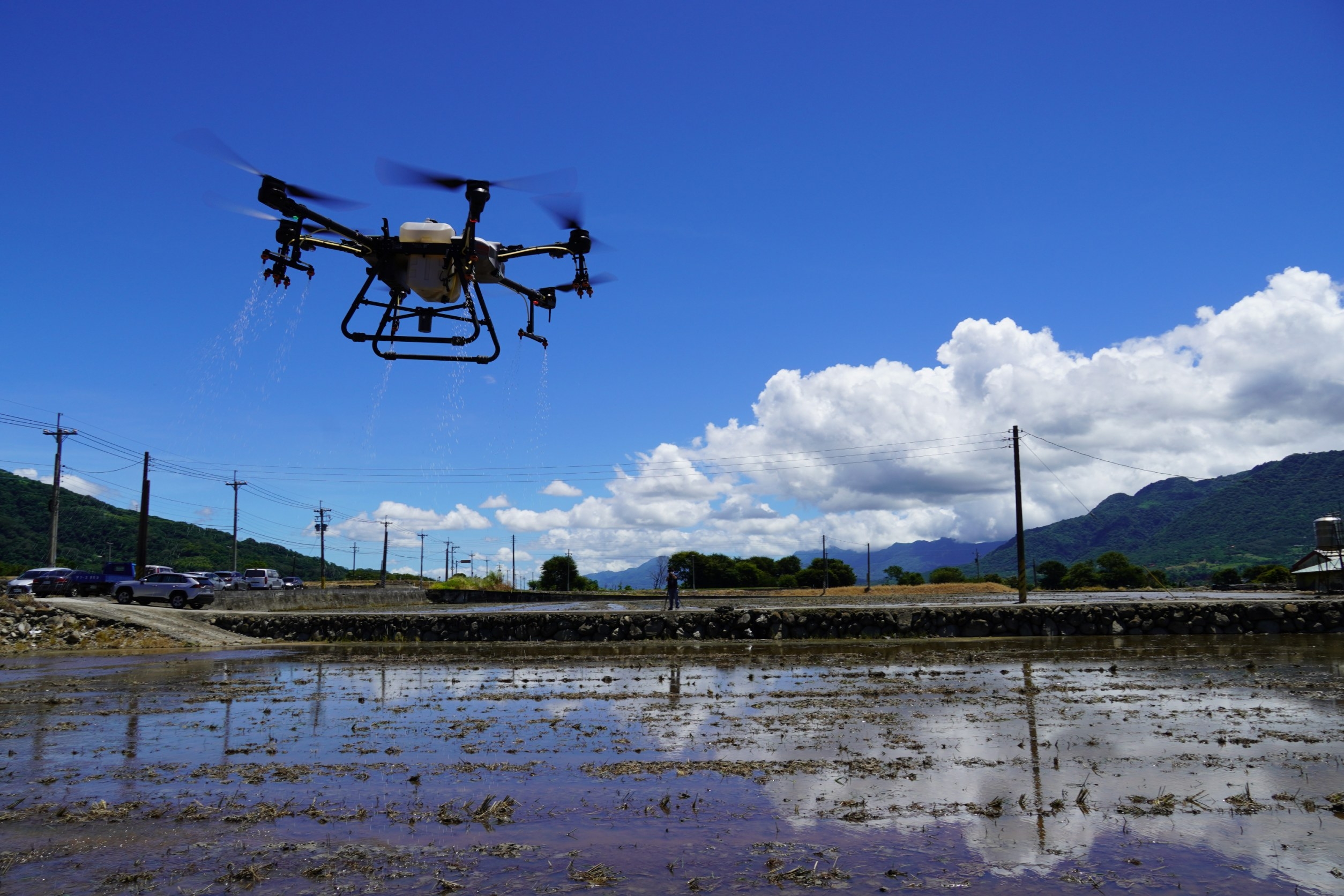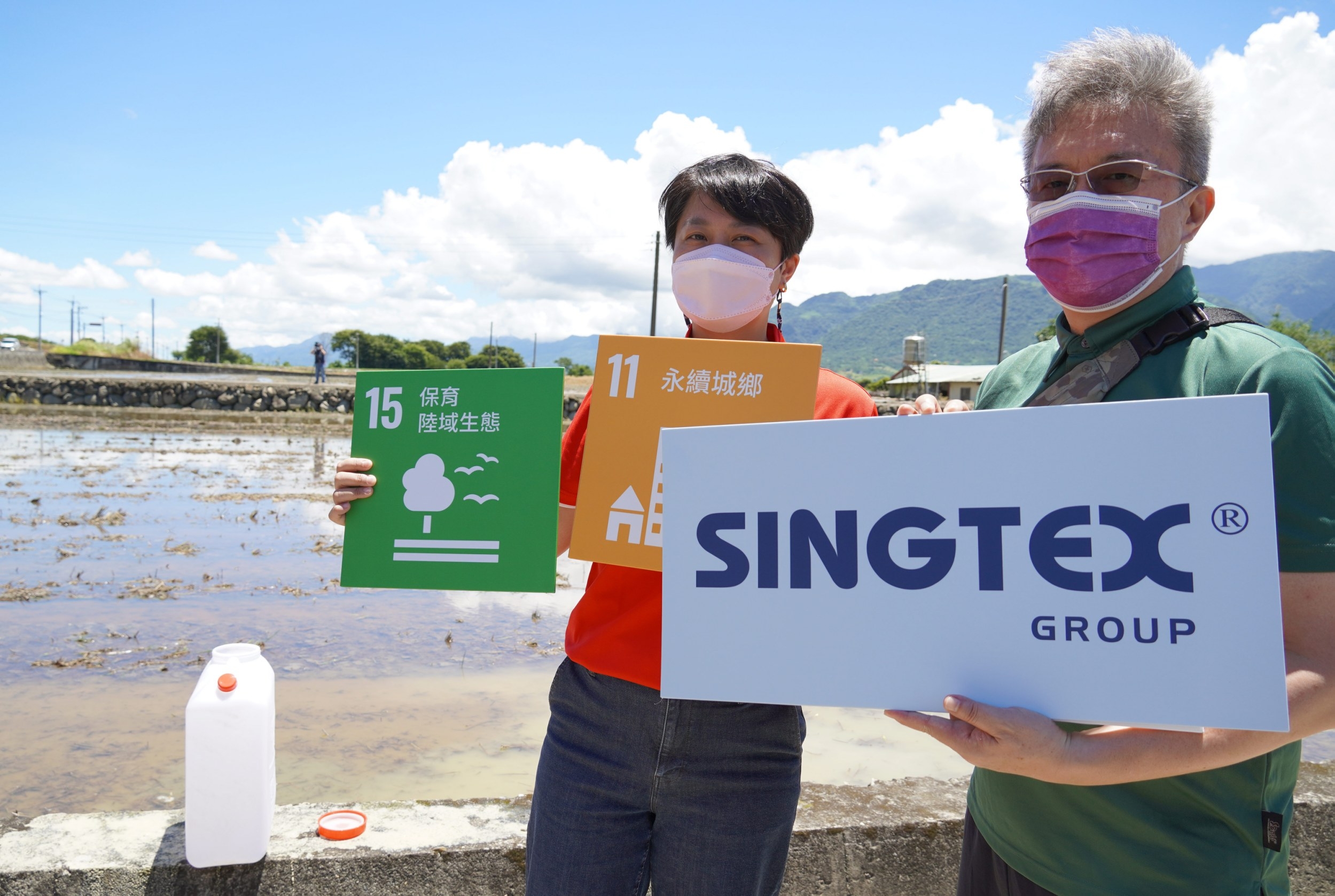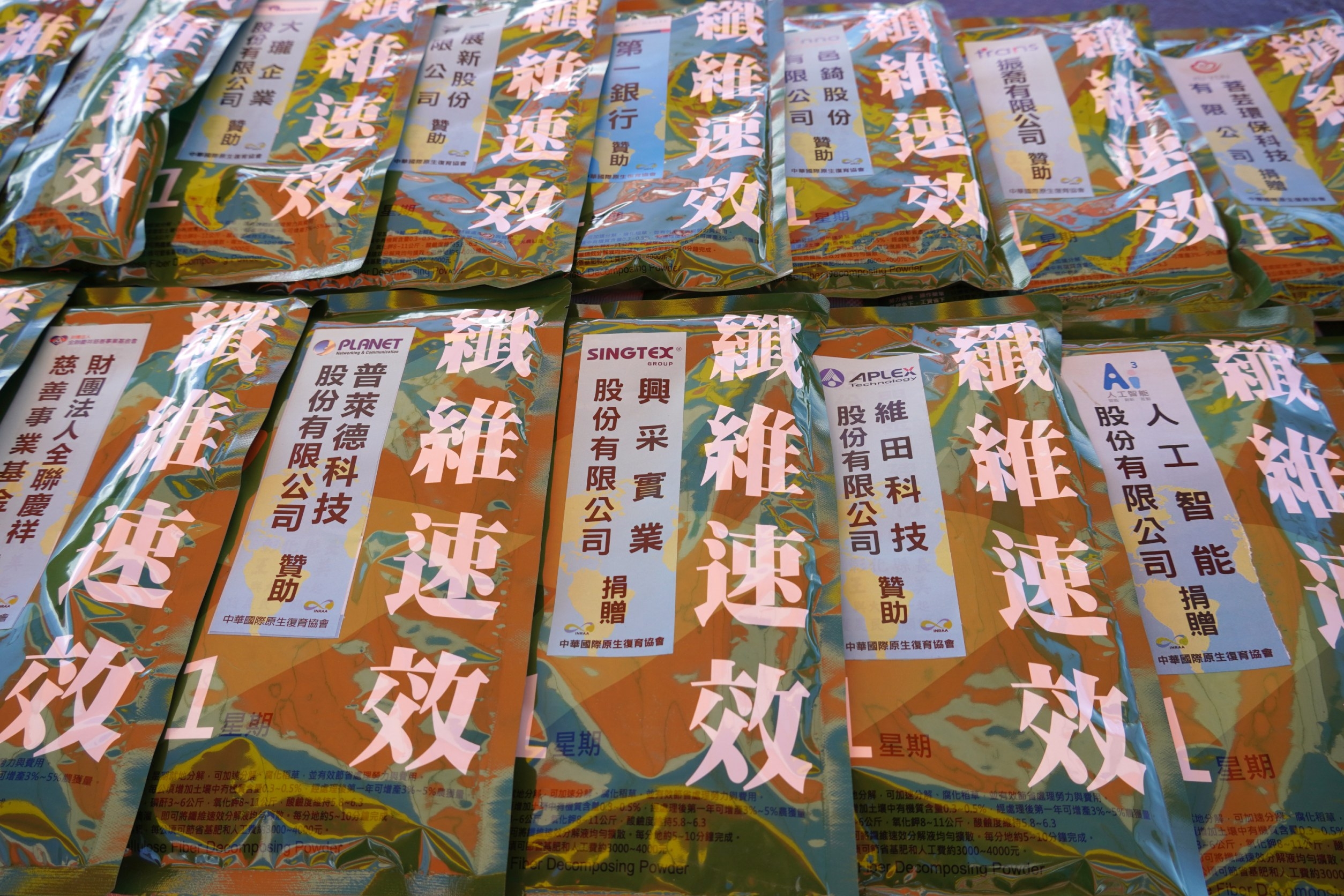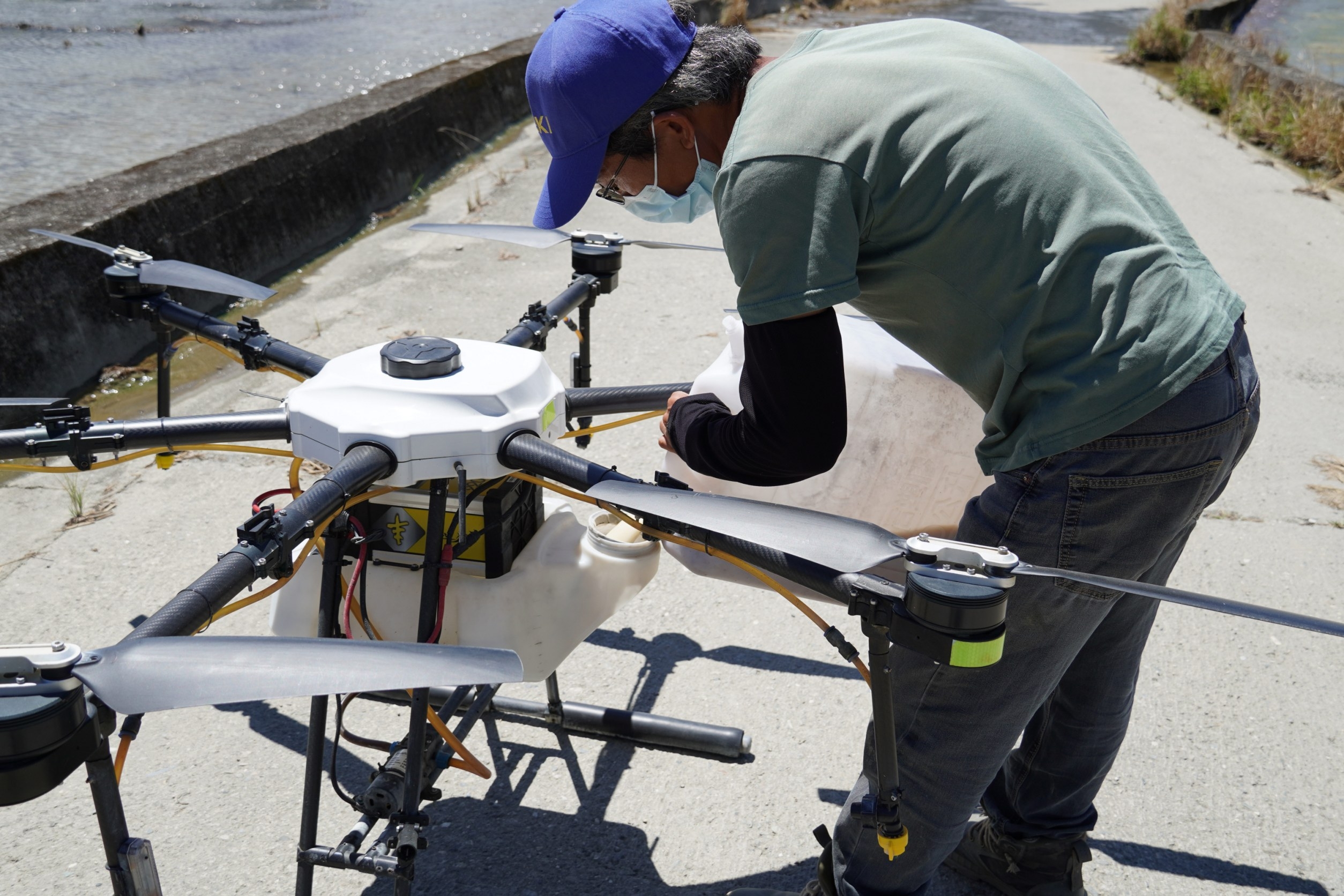Gene Hu, Chief Sustainability Officer, SINGTEX® ESG Promotion Office


In July 2022, SINGTEX® Group sponsored a joint project with the International Nature Restoration Action Association (INRAA), Council of Agriculture of the Executive Yuan, and the Fuli Township Farmers Association of the Hualien County Government to distribute rice straw decomposing bacteria to farmers.
The goal of this project was to educate farmers and provide them with resources so that they will no longer need to burn rice straw, thereby reducing CO2 emissions and maintaining air quality in the local area. The new technique uses natural decomposition bacteria to speed up the natural decomposition of rice straw in the paddy fields. The decomposed nutrients makes the production value of planted rice better and healthier, resulting in a more sustainable and eco-friendly cultivation cycle.


Chairman of the China International Association for Primary Rehabilitation(CIARR)-Shui Chu, Lin
SINGTEX® Group ESG Promotion Office - Gene Hu
Fuli Township is the southernmost township of Hualien County, located in the center of the fertile Hualien East Rift Valley Plain. The area is blessed with fertile soil ideal for cultivating rich agricultural produce, hence its name "Fuli" (meaning bountiful area in Mandarin) and is one of the well-known rice-growing towns in Taiwan. As this area covers a wide swathe of land, during the fallow period, drones can be used to spray decomposing bacteria over a large area without waste.
Did you know? Carbon emissions are a type of air pollutant. More precisely, carbon emissions refer to greenhouse gas emissions, including water vapor, carbon dioxide, methane, nitrous oxide, chlorofluorocarbons, ozone, etc. They are mainly derived from combustion (burning), and are called "carbon emissions" because they are mainly composed of carbon dioxide. Although mostly colorless and odorless, unlike PM2.5, which has a direct impact on the human body, increasing carbon emissions will accelerate global warming and contribute to climate crises such as sea level rise and the intensification of extreme weather, which will affect everyone’s life. Carbon dioxide from incineration can cause acidification of the ocean. Ocean acidification refers to the tendency of the ocean to absorb carbon dioxide from the atmosphere and gradually lower its pH level. About 30% to 40% of the dissolved carbon dioxide are dissolved in water bodies such as oceans, rivers and lakes, and some of the dissolved carbon dioxide forms into carbonic acid with water and ionize hydrogen ions, resulting in lower pH levels and higher acidity of seawater.
Researchers estimate that from 1751 to 1994, the pH of surface ocean water decreased from 8.25 to 8.14, indicating that the concentration of hydrogen ions increased by almost 30%. The combined effects of ocean acidification and other biogeochemical changes have the potential to disrupt the function of the marine ecosystem and harm many marine species. The large amount of carbon dioxide entering the atmosphere and the oceans has caused the death of a large number of organisms and the dissolution of calcium carbonate deposits in all ocean basins.
Therefore, in order to discourage farmers from decomposing rice straws through incineration, which does not cost farmers financially and get them to change to gradually accept the use and purchase decomposing bacteria; through "action," we leverage the power of the public and enterprises to take action and distribute decomposing bacteria to farmers free of charge. Together we foster the spirit of co-creation by introducing new environmental efforts into local revitalization and plant fields of blessings for Taiwan.
As Venerable Drikung Kyabgon once said, "Each one of us is important, but we must also call on the people across different lands to reconnect and cherish their land, and to combine our strengths in a cooperative model to protect Mother Earth." Let's work together to protect our homeland.
Join us!


SINGTEX® Group Donates Rice Stalk Decomposing Bacteria to Hualien farmers


Drone Sparys Decomposing Bacteria in field
#TaiwanGoodAirAndBlessedLandProject #RiceStrawBacteria #Fuli #SustainableFriendlyFarming #Action #INRAA
#CoBenefitCoProsperityCoCreation #ESG



